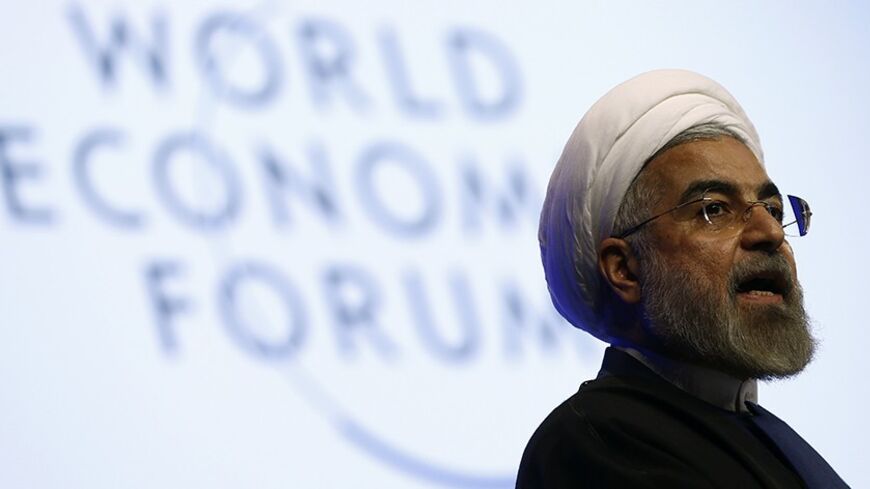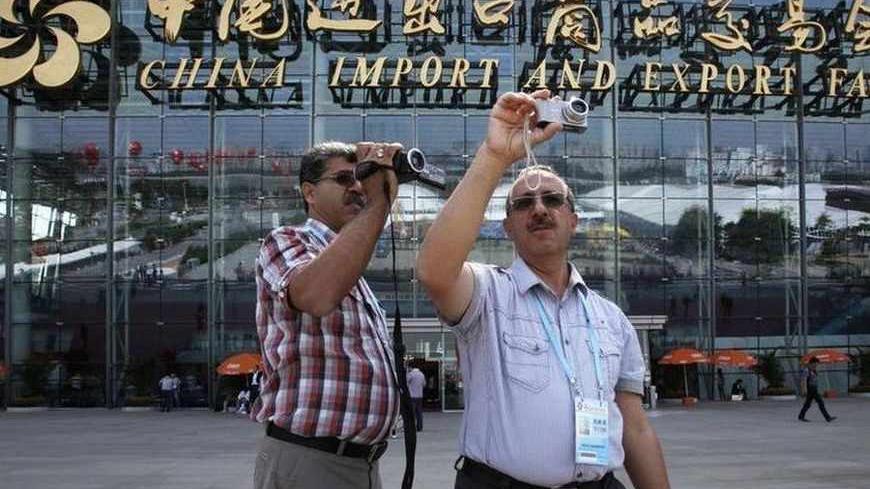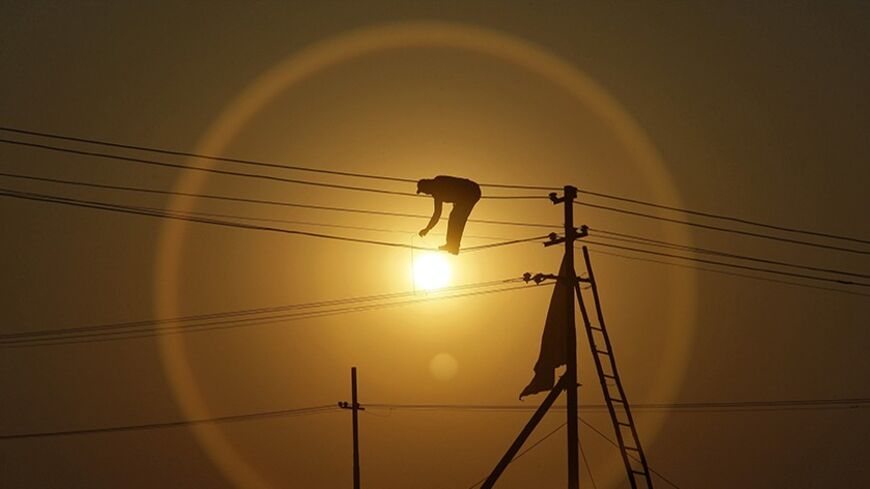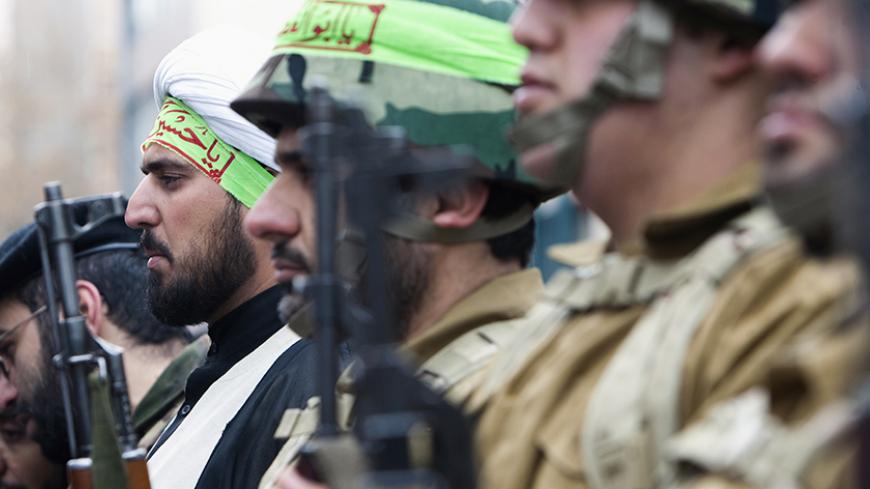Iran’s Basij Militia Builds 'Resistance Economy'
Iran’s Basij paramilitary force has been tasked with building the agricultural foundation of a "resistance economy" to combat sanctions, reports an Al-Monitor correspondent from Iran.

Units of the Iranian Basij, the paramilitary militia established after the 1979 revolution to fight on the front lines against Baathist Iraqi forces, were dispatched to western Iran earlier in March, armed with 100,000 live chicks. They also took with them cheap loans for citizens of Khuzestan to set up hatcheries and inland fish farms.
The Basij ordinarily supplies the brawn for much of the Iranian Revolution Guard Corps' work in religious indoctrination, enforcement of Islamic dress and riot control. The international sanctions on Iran’s financial system because of its nuclear program means that the militia is also now responsible for building Iran’s “resistance economy,” which includes promoting locally grown food supplies and reducing reliance on imports.








